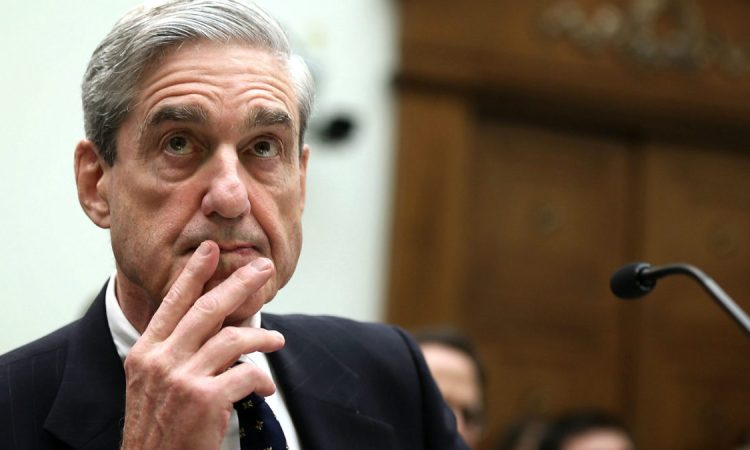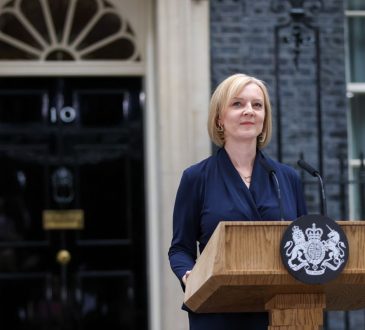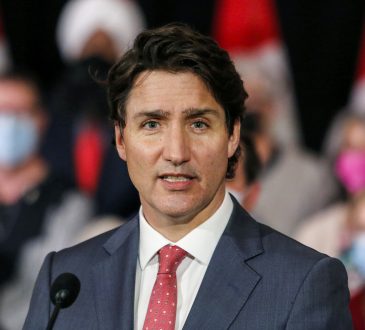
Robert Mueller denied Wednesday that Donald Trump was exonerated of obstructing his two-year probe into Russian election meddling, but in high-stakes testimony before Congress he once again declined to accuse the US president of a crime.
During a marathon day of nationally-televised hearings, the former special counsel told lawmakers that while Justice Department policy prevented him from charging a sitting president, Trump could theoretically be indicted after he leaves office.
Mueller’s much-anticipated testimony failed however to give Democrats what they most sought: a clear statement that Trump criminally obstructed justice that would buttress an impeachment effort.
He came tantalizingly closer to doing so than in the massive report produced by his 22-month investigation, telling the House Judiciary Committee that “the president was not exculpated from the acts that he allegedly committed.”
But the septuagenarian Mueller — who was testifying under duress, appearing hesitant and visibly straining at times to hear the rapid-fire questions aimed at him — largely stuck to his script.
Dozens of times, the former FBI director declined to answer questions from both Democrats and Republicans, deflecting numerous inquiries back to the content of his 448-page report.
Trump — who had insisted he would not be watching the show on Capitol Hill — weighed in gleefully midway through, sarcastically tweeting his thanks to Democrats for organizing the hearing.
Hammering home the point, the White House, which had feared Mueller’s testimony could further damage Trump’s political standing, described it instead as an “epic embarrassment” to Democrats.
Over three and a half hours in the first of two hearings, before the House Judiciary Committee, Mueller disappointed Democrats who hoped for more damning evidence on the Trump campaign’s ties to Russia and Trump’s alleged acts of obstruction.
AFP




